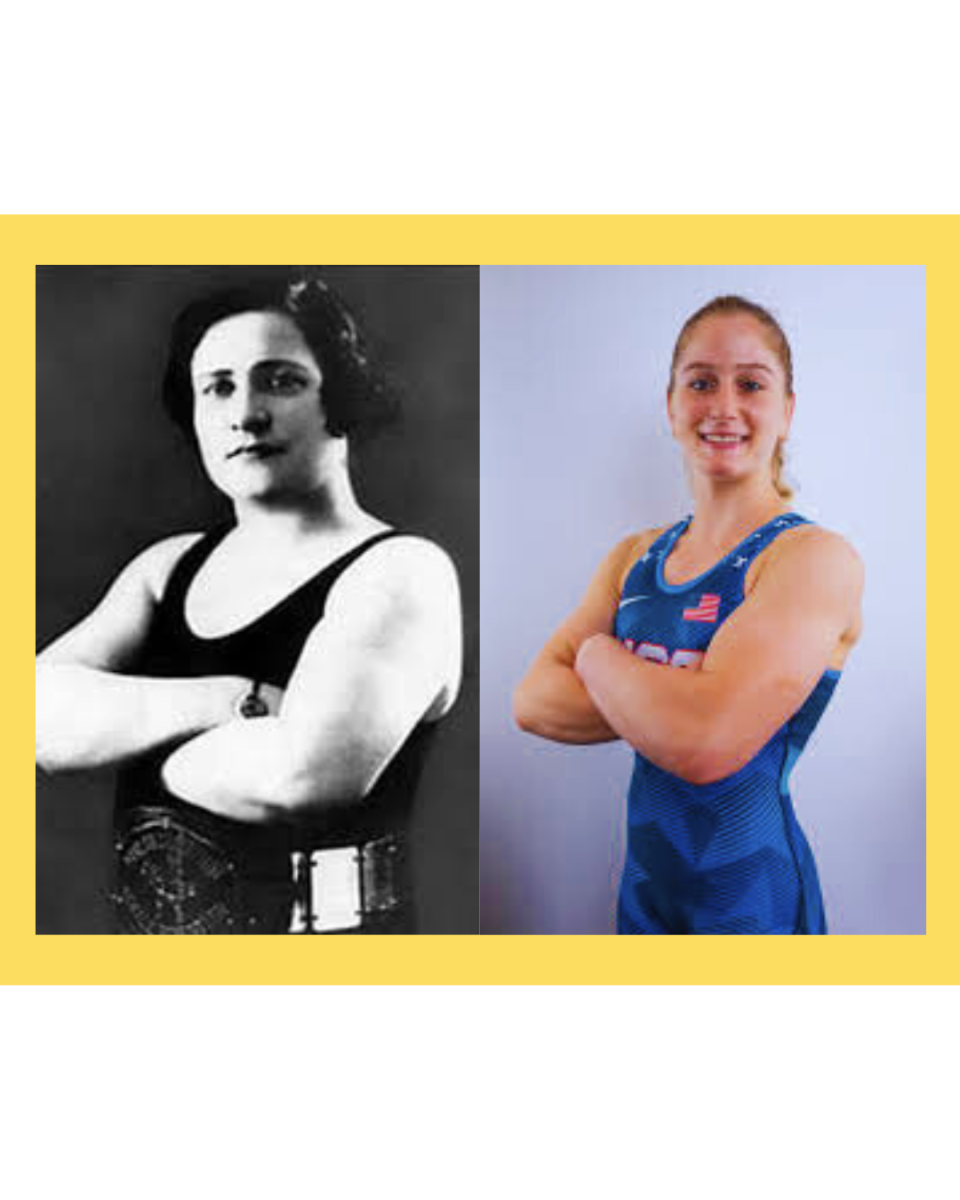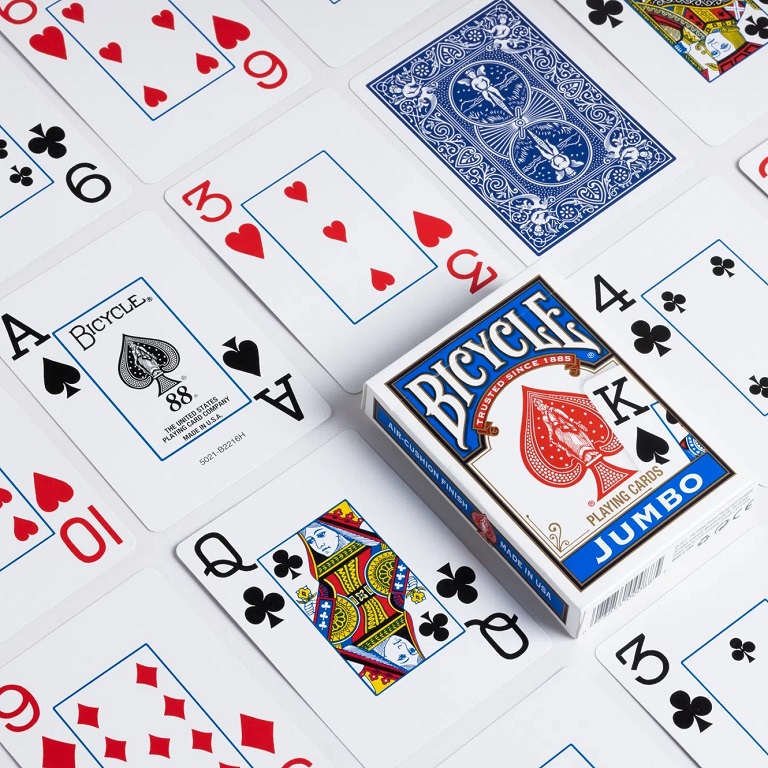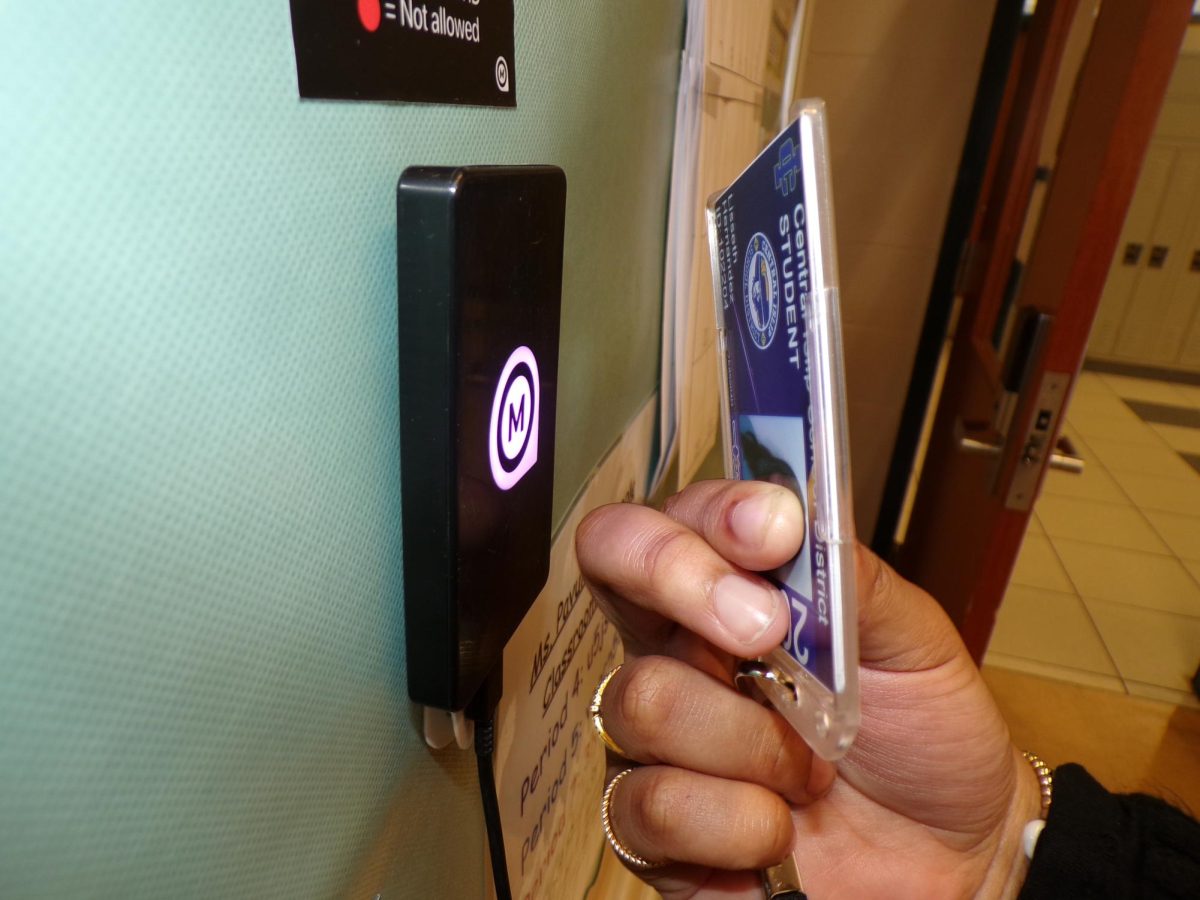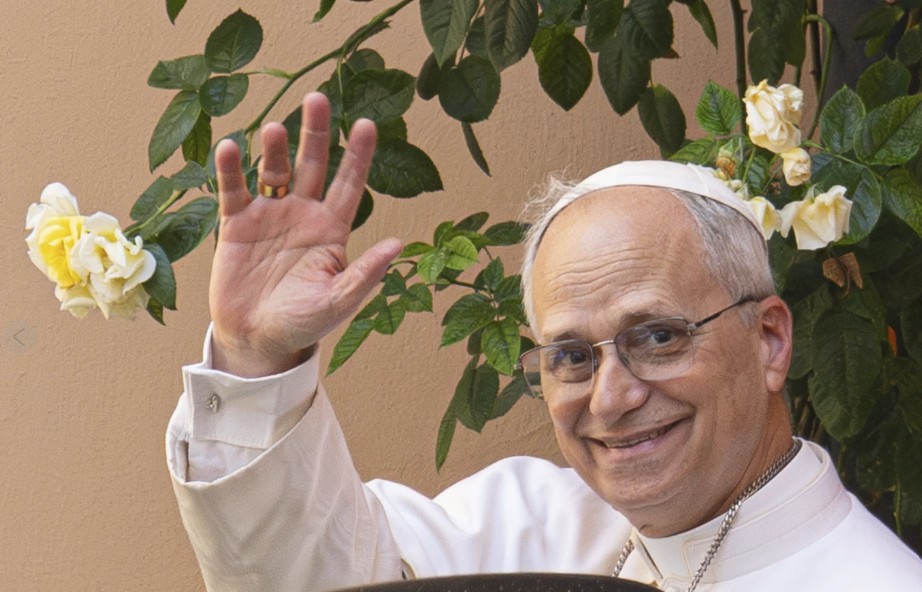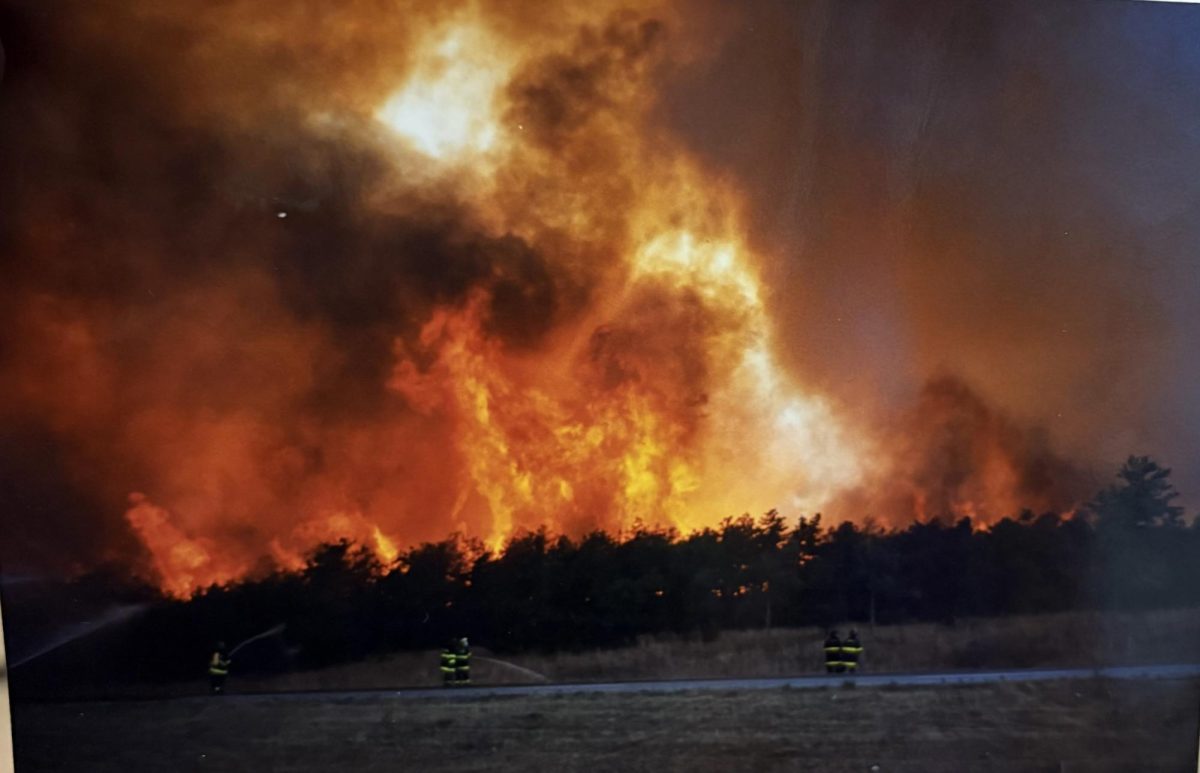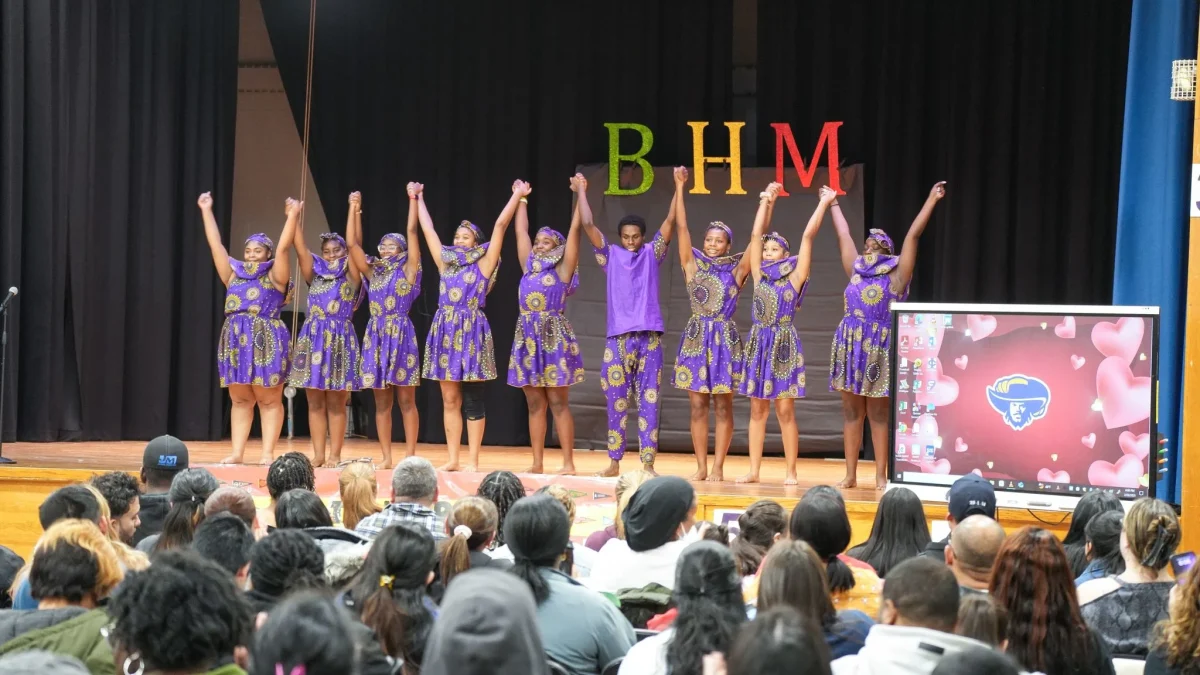“[Cora Livingston] insisted that she would ‘keep on wrestling and won’t be satisfied until I have beaten everybody who has a chance to dispute my title.'”
– the Detroit Free Press (1908)
The early history of women’s wrestling is a mere shadow. Mildred Burke or other women are often accredited as the first pioneer of women’s wrestling, although an earlier United States trailblazer is less acknowledged.

The Progressive Era in the United States began with the election of Woodrow Wilson (1913), and was a period of intense social and political reform. In 1920, women finally gained the right to vote. Wrestling’s popularity rivaled that of baseball from 1900 to the early 1920s during the rise of consumer culture. There was increased interest in the “new girl”, a flapper prototype who boxed or wrestled as a part of a physical fitness program. Circus wrestling was common during the wild roaring twenties and seen as a playful, curious entertainment to many. Others would participate in it to find a niche, but Cora trained harder than any woman.
Cora Livingston was born in 1887 in Buffalo, New York. When her parents died, when she was young, she was sent to a convent where she was raised by nuns. She originally competed in track and field before escaping at 16 to pursue pro wrestling. She worked diligently developing the passion and precisely exercising her body. Examples of the methods she used include taking Turkish baths and a maintaining a strict diet. Many athletic clubs around the country asked for her to teach athletics, but she was not willing to quit her passion. She began her wrestling career on March 19, 1906, at the Lafayette Theater in Buffalo.
Livingston fought to be taken seriously and held a 22-year reign as the Women’s World Champion. The local authorities and promoters banned women from watching wrestling, buying tickets, or even coming into the arena. However, she offered 25 dollars to whoever could beat her, which at the time was a large sum of money and gathered attraction. She was 5’5 and 138 pounds. She toured in venues across the country and Canada until her retirement in 1935. Referees would yell at the women fighting, urging them to be “more ladylike” and not to use foul tactics. Due to her marriage to a popular wrestler, she was able to be promoted and trained harder than ever.
Historians face a challenge when learning about her life because research is limited to reading old newspapers and reviewing scarce documented sources from that era of time. As a result, many details of her life are unknown. Cora Livingston died on April 22, 1957. She is imprinted on the Women’s Wrestling Hall of Fame. There are other names of the wrestlers she fought that, other than in the newspapers, are unable to be found and recognized by search engines. Additionally, her win or loss streak is unable to be confirmed. Nevertheless, Livingston was tough and ahead of the game by a century.
In the United States, the 2000s saw significant shifts in discussions about race, gender, and sexuality, with movements pushing for human rights and greater protections for LGBTQ+ individuals and minorities. This decade saw a noticeable increase in sports coverage, investment, and fan interest. Women’s freestyle wrestling debuted to the Olympic program at the 2004 Athens Games. The sport has seen significant growth since its debut, with more weight classes added for subsequent Games.

At the start of the New year of 2004, Amit Elor was born. Elor was not naturally athletic or physical and was quite shy as a child, but she found a way to express herself through wrestling at age 4. She watched her brothers play and begged her mom to let her try. She was the only girl in the wrestling room until she turned 10. Competing against boys was a significant challenge, making her feel isolated and driving her to work harder to prove herself. This challenging experience helped her develop into a mentally and physically tough individual.
She remained consistent and at 20 years of age, she was the youngest female wrestler ever to represent the United States at the Olympics. Elor won the gold medal for the United States at the 2024 Summer Olympics In Paris in Women’s freestyle wrestling at 68 kg.
In September 2025, Elor stated her desire to become a mother and plans to return to wrestling to compete in the 2028 Los Angeles Olympics with her baby joining the journey. Her partner is a black belt Brazilian jiu-jitsu athlete Micael Galvão. She hopes to inspire other women by demonstrating that it’s possible to be a mother and a high-level athlete simultaneously.
One hundred years apart, these women are paving the way and challenging societal restrictions through badass wrestling. Both faced bias, dismissal, and limits, but that did not stop their grit for the future generations of strong women.


